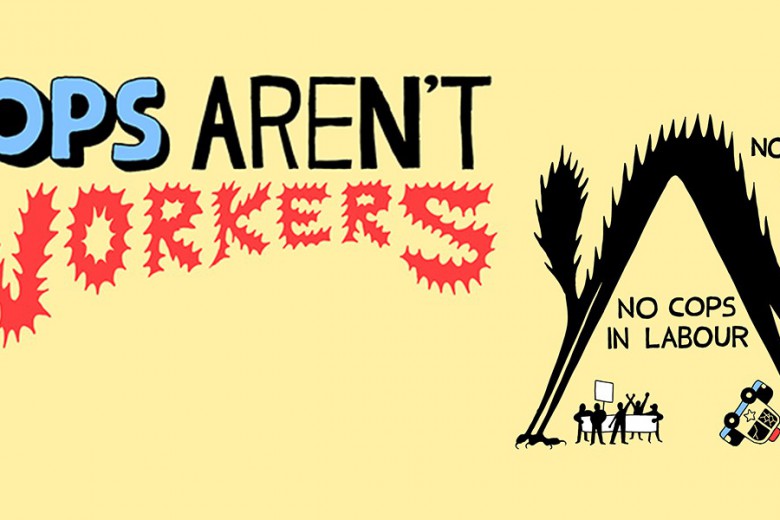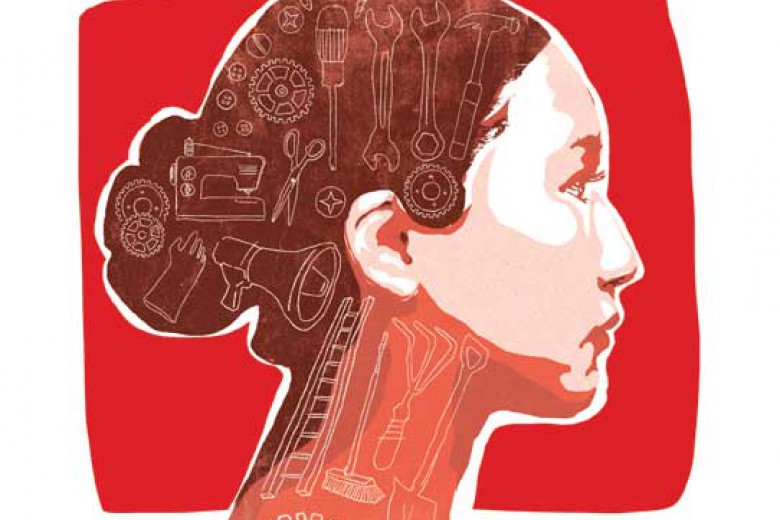
When officials moved to evict Occupy activists from Victoria Park in London, Ontario, last November, members of the Canadian Auto Workers Local 27 and the Ontario Federation of Labour arrived en masse to aid in defending the encampment.
Such acts of solidarity do not go unnoticed. When workers at Catepillar Inc. were locked out two months later, Occupy London activists issued a global call for solidarity and undertook direct action training to occupy the factory. As Occupy London activist Anthony Verberckmoes told Rabble: “We used civil disobedience and direct action. We didn’t rely on the political institutions to get us what we want because we’ve lost faith in them.”
If the trend toward casualized labour is not vigorously fought by labour activists, we can expect the working conditions of all workers to further deteriorate. As Megan Kinch notes in her article on non-unionized autoworkers, “The fate of CAW unionized workers is going to depend on their ability to organize unrepresented parts and autoworkers. The wider the wage gap grows between unionized and non-unionized workers, the more concessions CAW autoworkers will have to endure.”
From the Quebec Student Strike to fights against back-to-work legislation in Wisconsin last February, we’re seeing activists prove the efficacy of democratic decision-making, in which every participant has a stake in the movement. When rank-and-file members directly exercise power, they are capable of mounting formidable opposition to neoliberal attacks.
In this issue, we explore the urgent need to unionize precarious workers. From women entering the trades in Newfoundland to refugees and migrant workers, from young people in unpaid internships to non-unionized autoworkers. If unions are to prove their relevance during an era of transnational neoliberal assaults on organized labour, they need to reach out to young people who have double the unemployment rates as the general population. As Ben Sichel writes in the closing essay of this issue, we need to place a greater emphasis on education and community engagement if we are to convince a future generation of the relevance of unions.






